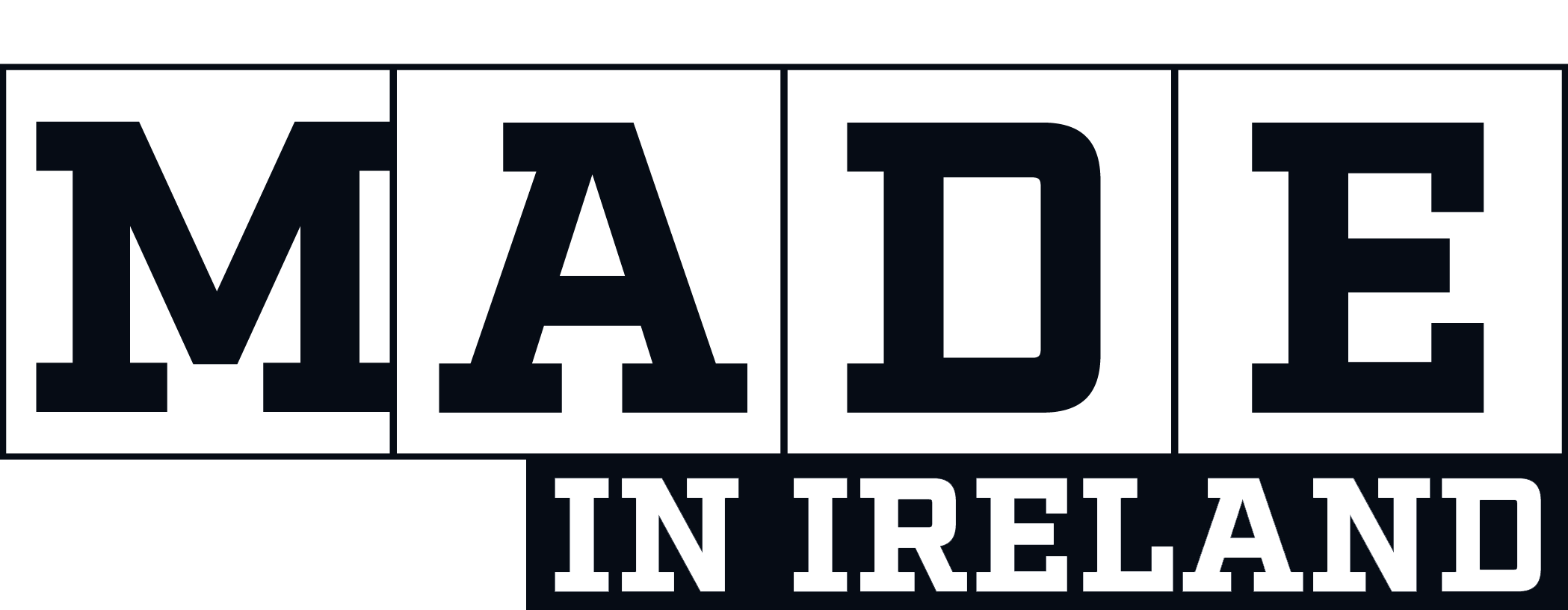The SCW 600 builds on SurfCleaner’s portfolio, which includes separators designed to skim oil, diesel and petrol from the surface of water, with recovered materials then siphoned off for potential reuse. The technology combines variations in inflow velocity and direction with gravimetric separation and is inspired by the human heart’s Dynamic Adaptive Piston Pump (DAPP).
Dealing with floating sludge can be particularly costly and time-intensive, with operators traditionally resorting to manual flushing and pumping that uses vast quantities of water. After around 15-days, surface-level sludge rots, releasing noxious gases and odours.
Estimates from one wastewater operator show the SCW 6000 has separation capacity to process around 66 tonnes of liquid sludge per year. According to SurfCleaner, this could be converted into 5 per cent dry matter content and further used to produce biochar/biogas capable of producing 370MWh of renewable energy.
“The considerable amount of water used to treat floating sludge, through traditional flushing and pumping techniques leads to major water mixing,” said SurfCleaner VP Sales, Johan Jubner.
“This means the energy content within the floating sludge is ultimately lost. In addition, floating sludge which is pumped away is not used as a resource either, as energy intensive and costly drainage and drying would be required. Our pilot projects have shown that the SCW 6000 can revolutionize this process with more efficient collection and separation of floating sludge for re-use in the circular economy. The machine has also demonstrated a direct impact on treatment plants’ process parameters, enabling further energy efficiency.”
According to Jubner, SurfCleaner will initially target the Nordics, with Sweden alone presenting major opportunities with around 2,300 wastewater plants. Following that, the firm will turn its attention to the EU, Middle East and Americas.
“The product has been developed in response to industry demand, specifically addressing the challenges presented by floating sludge,” said Jubner.
“It offers several core benefits, eliminating manual work and heavy pumping which boosts environmental standards and general working conditions. From a commercial standpoint it streamlines several operational processes while slashing water and energy usage. It further increases the overall supply of renewable energy through the recycling of waste. In terms of figures, based on calculations from current pilot projects, clients have estimated annual savings approaching SEK 600,000 (€60,000) per year.”










